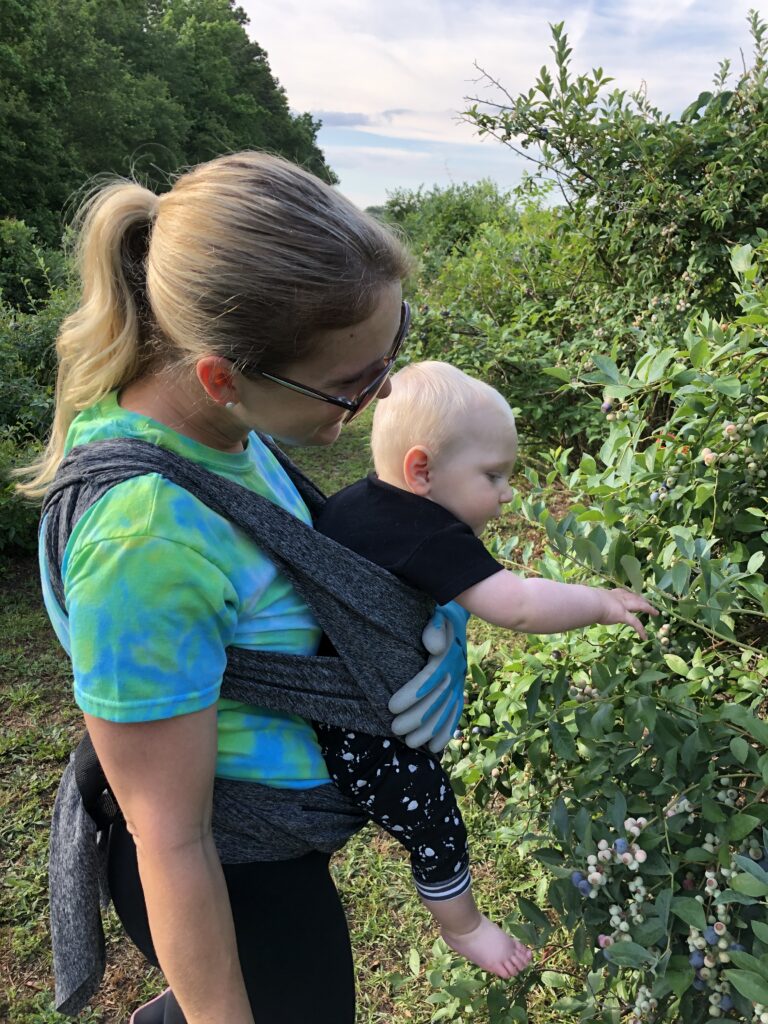
Do you have a garden or a desire to create one? Beyond the satisfaction of growing your own food, gardening offers a myriad of lessons for children when you involve them in the process. In addition to life skills, gardening involves the senses, mathematics, literacy, and the sciences. Besides being a highly educational hands-on activity, gardening can also teach children many life lessons.
When to start a garden
It’s never too late to start a garden, whether you till up a section of land, have raised flower beds, or simply have a container garden. The key is knowing when to plant certain crops and this guide from Urban Farmer can help you determine what to plant and when in North Carolina by section. For Cumberland County, refer to Zone 7 on the guide.
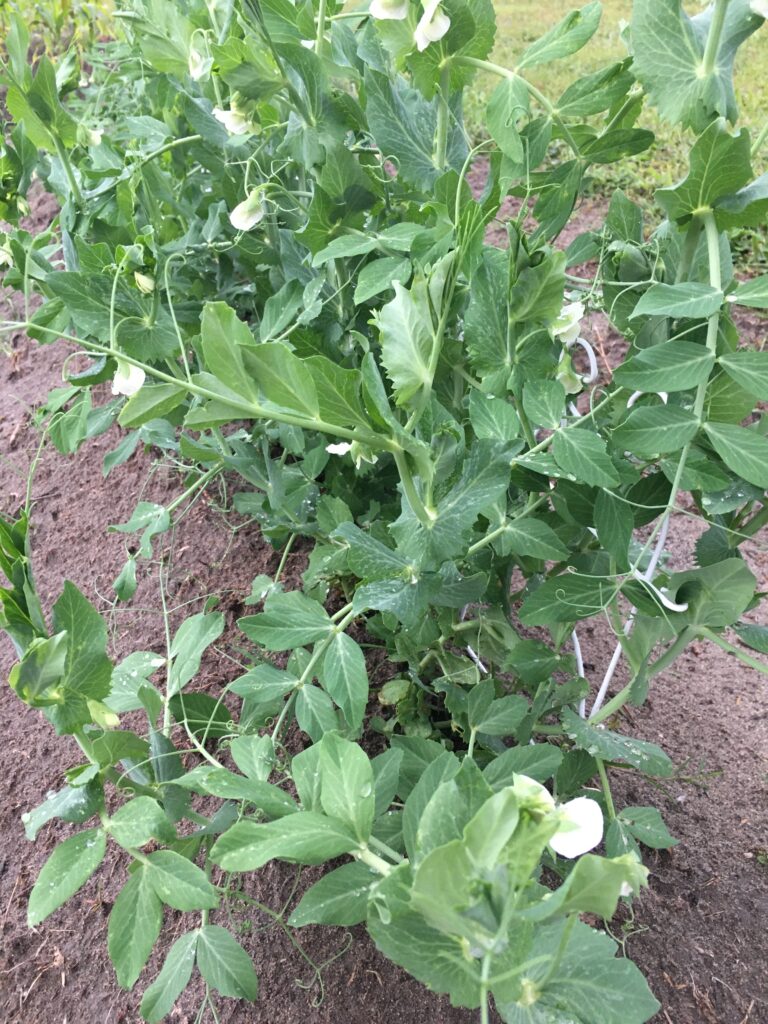
How to get started
Besides knowing when to start a garden, it is also good to research and learn what to plant and whether to start the seeds indoors or outdoors for best results. Next, you will need to find the perfect sunny place for your garden. Lastly, gather your seeds, soil, pots (optional) or raised beds (optional), and water to get started.
Involving children in the garden planning, creation, and cultivating can teach many life lessons.
Below are some of the most valuable skills children learn while creating, cultivating, and harvesting vegetables in a garden.
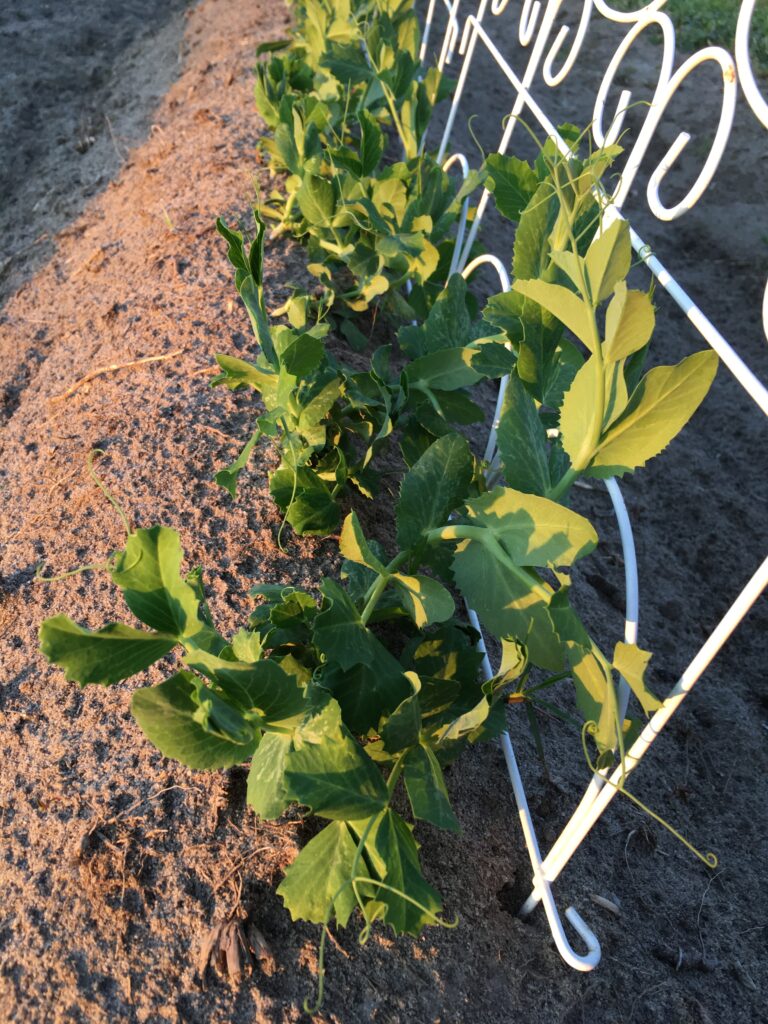
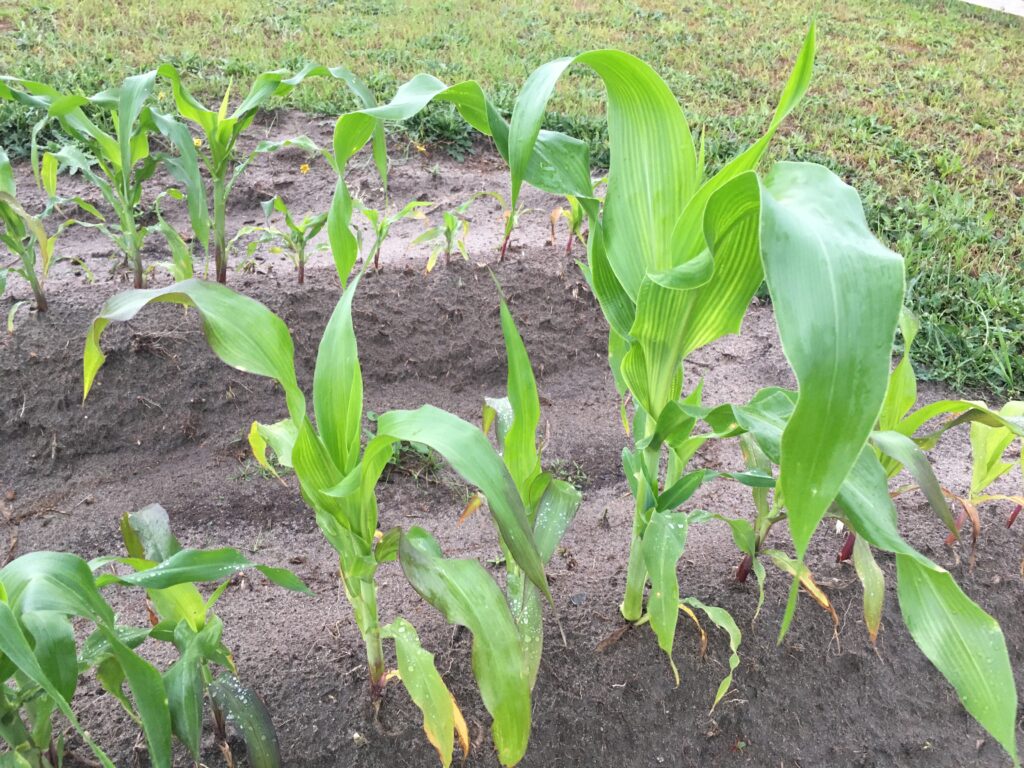
1-Healthy Eating Habits-When children take part in growing fruits and vegetables, they are more inclined to try them. This can produce better eating habits, which in turn can promote a healthier lifestyle.
2-Responsibility-Taking care of a garden takes time and responsibility. The care needed to pull weeds, water, and harvest a garden gives children a sense of responsibility. Without sun, water, and care, plants will not grow. Being responsible for someone or something other than yourself is an important life skill and can teach egocentric children selflessness.
3-Problem Solving Skills-Gardening gives children an opportunity to become problem solvers. Many times a garden can be trial and error as some things grow successfully, while others do not. Talk to children about it and strategize ideas that could improve your harvest the next time. Also, as crops grow upward and on a vine, children will need prompting to think of ways to help the crops grow more efficiently such as; adding a trellis and such. These problem solving skills will help children as they approach other problems in life too.
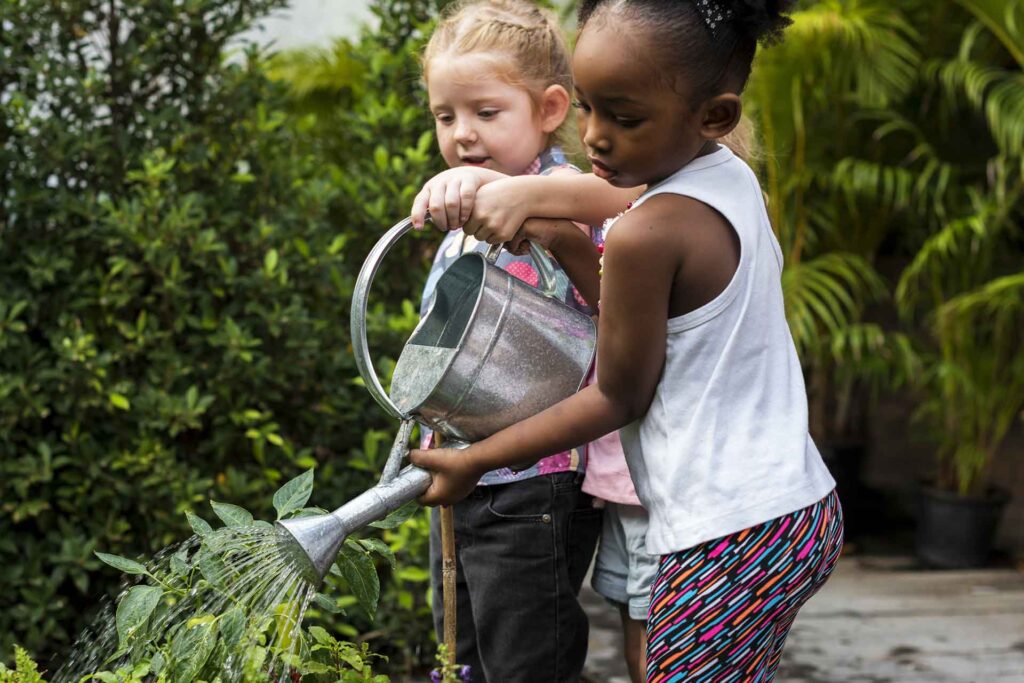
4-Patience-Crops do not grow overnight, so the whole process of growing things teaches children patience. Success in life happens over time and with hard work. In a society where we crave instant gratification, learning patience is an essential life skill.
5-Work Ethic-Gardening takes hard work. When children see just how much work goes into growing food, they will have a deep appreciation for farmers. It will also allow them to see the fruits of their labor and that hard work can produce positive results.
Gardening can be fun for your entire family and offer tremendous learning opportunities for children. Not only do they have a chance to learn in subject areas such as mathematics, science, and reading, but they can also learn quite a few life skills in the process.
